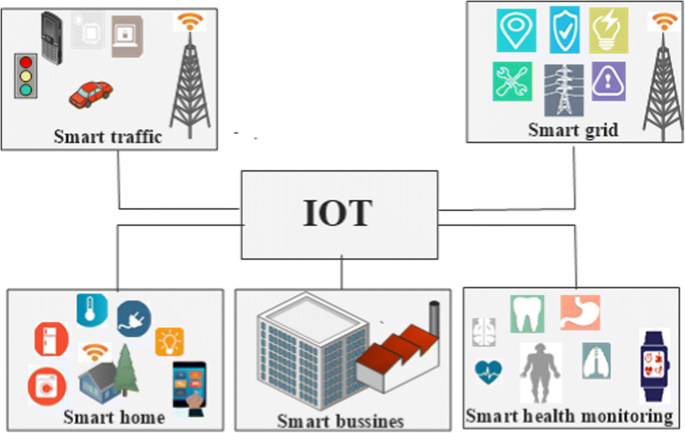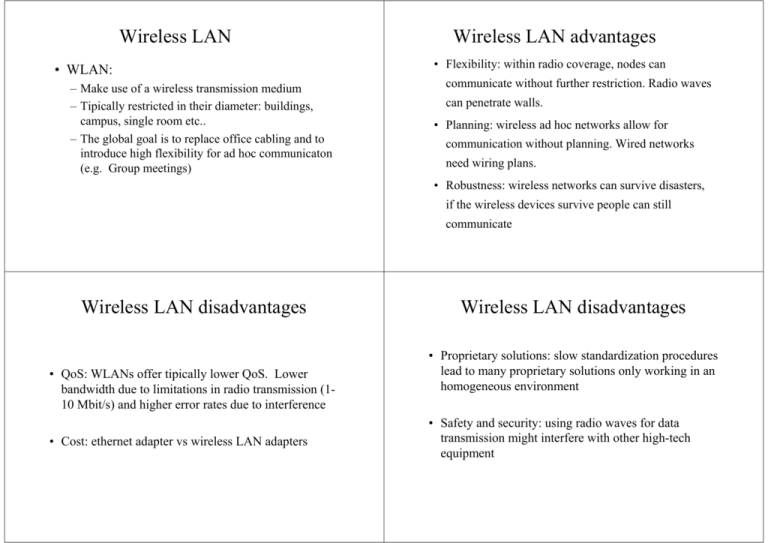
- #Mac os list only ad hoc networks how to#
- #Mac os list only ad hoc networks mac os x#
- #Mac os list only ad hoc networks install#
- #Mac os list only ad hoc networks serial#
#Mac os list only ad hoc networks install#
It is important to install all the AVR tools in the same directory or some of the tools will not work correctly. You specify the installation directory by using the -prefix=dir option with the configure Where you install is a completely arbitrary decision, but should be consistent for all the tools. If you don't have root access to the system, you can alternatively install in your home directory, for example, in $HOME/local/avr. You will need root access to install there. If the /usr/local/avr directory does not exist, you should create it before trying to install anything. In order to keep the AVR tools separate from the rest of your system, we recommend you install everything into /usr/local/avr. The default behaviour for most of these tools is to install everything under the /usr/local directory.

#Mac os list only ad hoc networks how to#
This this webpage explains how to install the GNU AVR toolchain and is a modified version of. Build the module with make drivers/usb/serial/cp2101.ko, copy it to /lib/modules/`uname -r`/kernel/drivers/usb/serial and run depmod.ĭetailed AVR Toolchain Installation Instructions Switch to the root directory of the kernel sources, and verify that a. Modify the Makefile in the drivers/usb/serial directory by adding the line obj-m += cp2101.o. Copy the file drivers/usb/serial/cp2101.c into the currently running kernel's source tree.

You need the source code of the currently running kernel and also the source code of a newer kernel that contains the CP2101 module. Linux Kernels of the 2.6.x series older than 2.6.12 don't contain the module, but it's possible to add it without recompiling the whole kernel.
#Mac os list only ad hoc networks serial#
The serial port will be available as /dev/ttyUSB0 and so forth. Read more on the availability for 2.4 Kernels. Linux Kernels 2.6.12 and higher contain a working CP2101 module. Luckily, some brave people went out and took the trouble of reverse-engineering the used protocol. The provided linux binary drivers do work on some Linux systems but certainly not on all.
#Mac os list only ad hoc networks mac os x#
Together with your USB Programming Board you should also get working Mac OS X and Windows XP drivers. Silabs does not provide drivers on their website for their USB-Serial Bridge CP2101 that we used for the USB Programming board. If in doubt start with small packets (e.g. Note: The size of the data packet used by the Java tool need to fit into the max L2CAP packets defined on L2CAP initialzation.

Get it via cvs from: You need the L2CAPCommunication and RemoteProgrammer modules.

As the BTnut Rev3 contains enough SRAM to store a new firmware image, it can be reprogram itself.


 0 kommentar(er)
0 kommentar(er)
